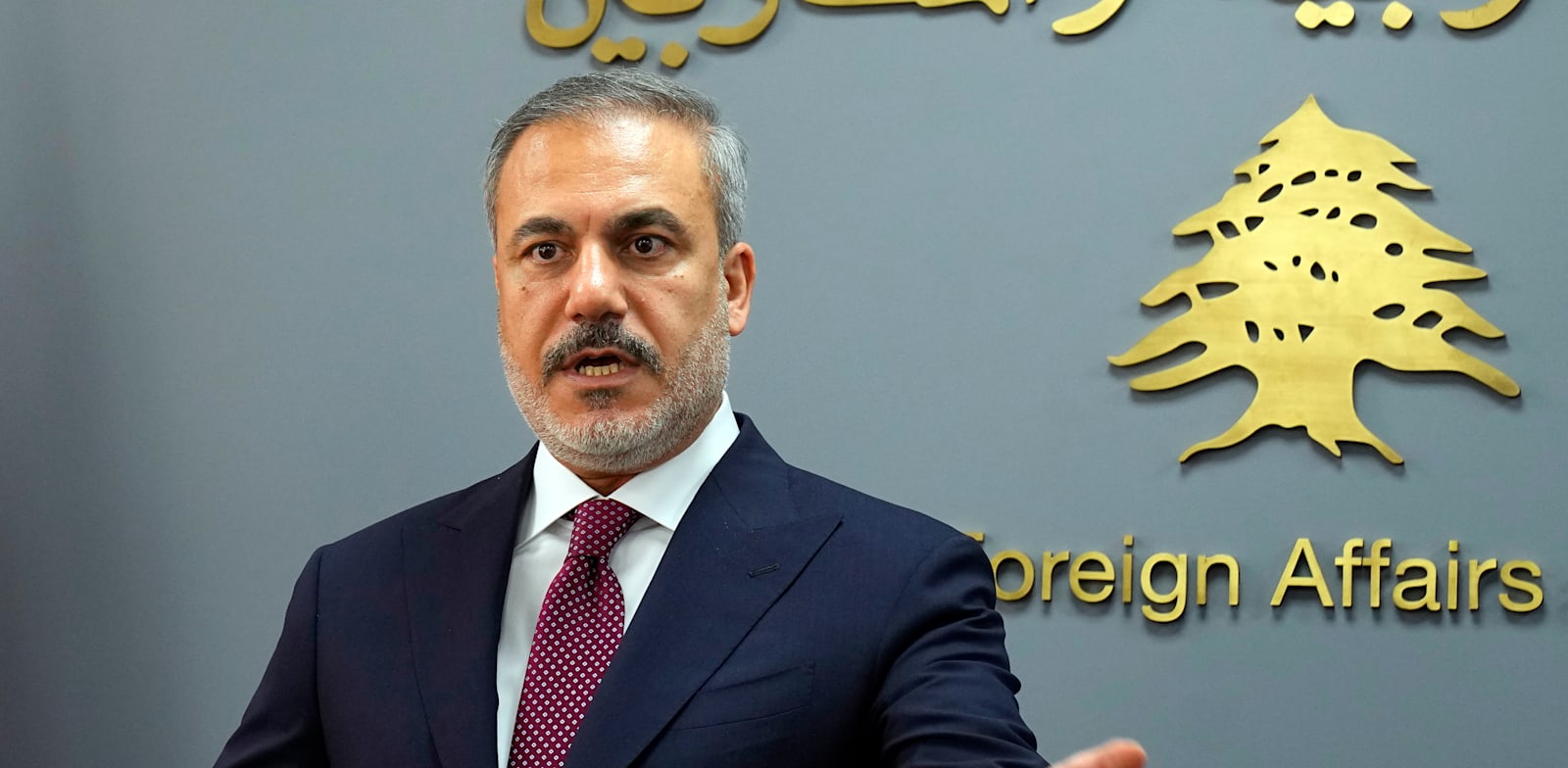
Argentina’s President Stands Firm Against Engaging with Venezuela: Interview with Javier Milei
In an interview with Univision, President of Argentina Javier Milei expressed his firm stance against engaging with Venezuelan President Nicolás Maduro. Milei considers Maduro a dictator and believes that there is nothing to discuss with him. When asked about recognizing the results of the upcoming Venezuelan elections, Milei expressed concerns about the regime’s attempts to control the elections for its own benefit.
Venezuela is set to hold elections in July, with Maduro seeking reelection amid challenges faced by the opposition. Tensions between the two countries have been rising, particularly after a diplomatic crisis with Colombia. Milei initially called Colombian President Gustavo Petro a “murderous terrorist,” but tensions have since eased between the two governments.
Milei’s strong stance against dictatorship and his efforts to resolve diplomatic conflicts highlight his commitment to upholding democratic values. Despite facing challenges and obstacles, Milei remains steadfast in his principles and dedication to fostering positive international relations.
In recent years, Venezuela has become a hotbed of political instability and human rights abuses. The country has been plagued by economic hardship, hyperinflation, and political repression under Maduro’s leadership. The upcoming elections are seen as a test of whether democracy can take root in Venezuela or if it will remain under authoritarian rule.
Milei’s comments on Maduro come at a time when many Latin American leaders are expressing concern about Venezuela’s future. Some fear that another term for Maduro could lead to even more instability and human rights violations in the region.
Despite these concerns, some countries have recognized Venezuela’s election results in the past without issue. For example, Brazil recognized Venezuela’s 2014 election results despite international criticism of Maduro’s government at the time.
It remains to be seen whether other countries will follow suit this year or if they will join Milei in refusing to recognize Venezuela’s election results altogether. However, one thing is clear: tensions between Argentina and Venezuela will continue to simmer until there is greater stability in both countries.

